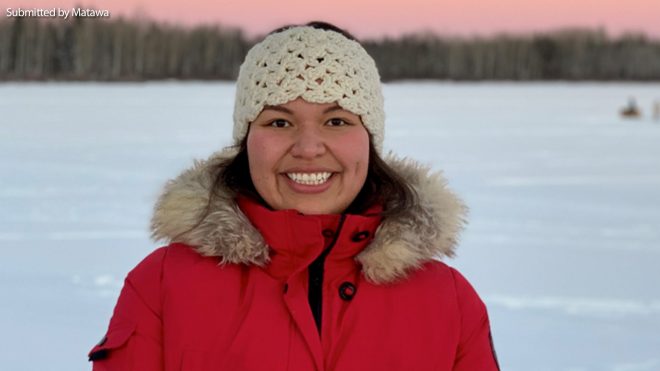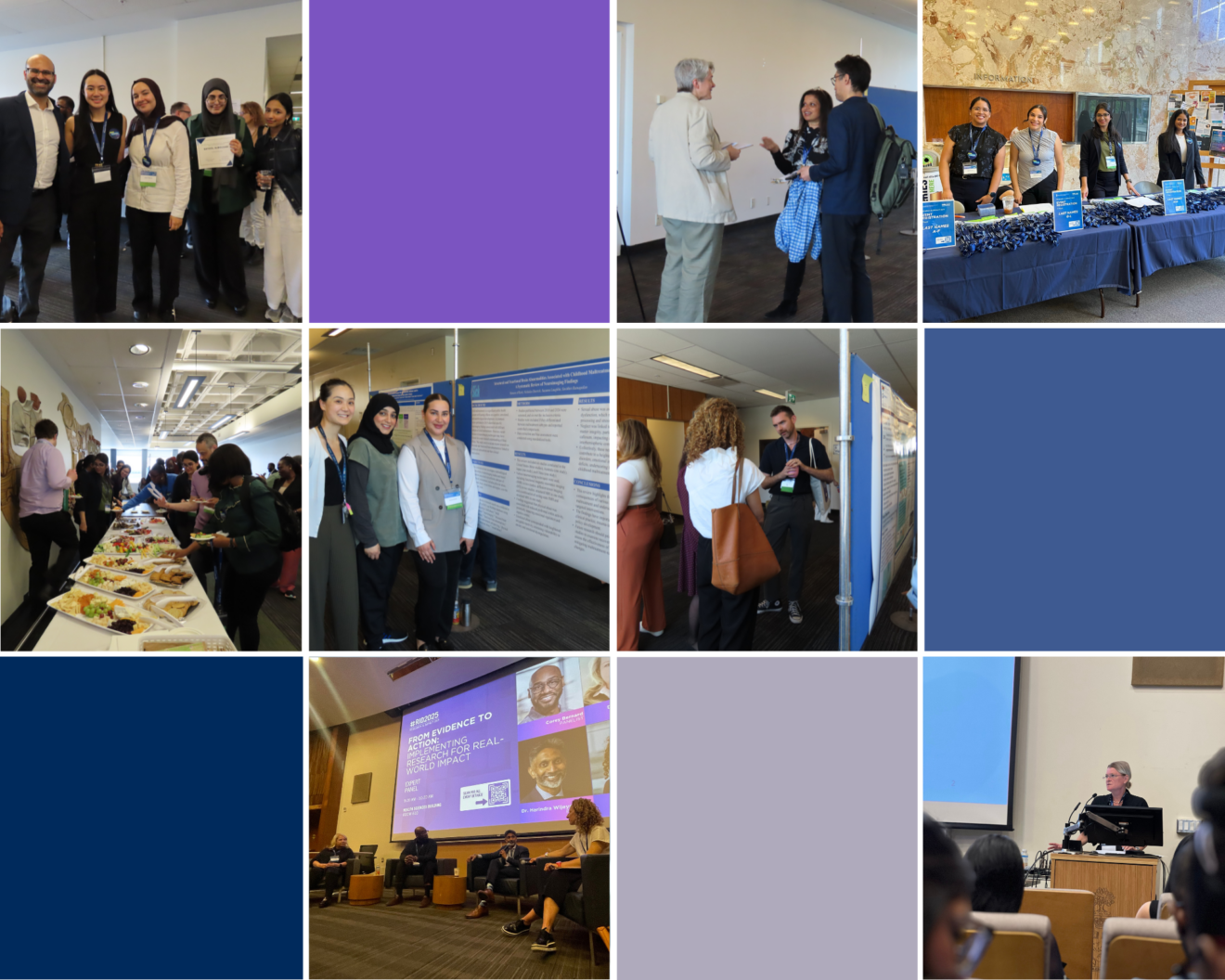IHPME student Dr. Rebekah Neckoway discusses her recent appointment as the inaugural Chief Medical Officer (CMO) at Matawa Health Co-operative and taking on this important health leadership role.
Dr. Rebekah Neckoway, a student enrolled in the Master of Health Science (MHSc) in Health Administration program at IHPME, has been appointed as the inaugural Chief Medical Officer (CMO) for Matawa Health Co-operative (MHC).
MHC provides primary care services to nine Matawa First Nations in Northwestern Ontario. The co-operative consists of interdisciplinary teams working together to improve the health and well-being of community members.
Drawing from her experience as a frontline physician in these regions, Dr. Neckoway is familiar with the challenges that many rural and remote First Nation communities face.
Indigenous communities often lack access to essential health services, especially in remote areas. Issues of mistrust, cultural safety concerns, and limited acceptance of Indigenous health and healing models have created further barriers to accessing care. As CMO, Dr. Neckoway plans to advocate for policy and procedural changes in MHC that reflect the experiences of Matawa communities.
Part of my responsibility is being an ally and elevating the voices at the table that I have the privilege of being at because of my role.”
Dr. Rebekah Neckoway
Fostering Future Health Leadership
Reflecting on her journey to this position, Dr. Neckoway credits her education in the Health Administration program at IHPME with building her confidence to take on this role. She emphasizes the program’s collaborative approach with peers, professors, and program directors has created an encouraging and supportive network.
“My classmates and program directors have created a support system that if I feel I’m having an issue, there is a plethora of people to connect with at arm’s length,” she shares. “The different views from peers in other parts of Ontario and the world provides enriching perspectives.”
Dr. Neckoway shares that the applied learning environment also facilitated collaboration among classmates, allowing them to work together on projects related to Indigenous health issues. However, there are more ways for institutions and programs to enhance the learning and understanding of Indigenous healthcare.
Issues such as access to clean drinking water, deficient infrastructure including all-season roads, and limited internet connectivity are harmful and contribute to the current state of Indigenous health. These systemic and institutional barriers not only pose immediate health risks, but also contribute significantly to broader health disparities faced by Indigenous communities. Educating future leaders to understand these issues is crucial in informing future health policies, implementing changes, and driving improvements in equitable health systems.
Next Steps as CMO
Stepping into her role as CMO, Dr. Neckoway is looking forward to amplifying the voices of Matawa communities and effecting meaningful change from within. Her vision of healthcare leadership is one that is deeply rooted in community representation and understanding, emphasizing the importance of leadership positions reflecting the communities they support.
While Dr. Neckoway’s role marks the first time an Indigenous CMO has been appointed in Ontario, she hopes the main takeaway is that Indigenous leaders belong in these positions. She envisions a future beyond “firsts,” where many more opportunities like this exist.
Related News

Sign up for IHPME Connect.
Keep up to date with IHPME’s News & Research, Events & Program, Recognition, e-newsletter.
Subscribe to Connect Newsletter
Get in Contact
Communications
Marielle Boutin
Email Address: ihpme.communications@utoronto.ca






